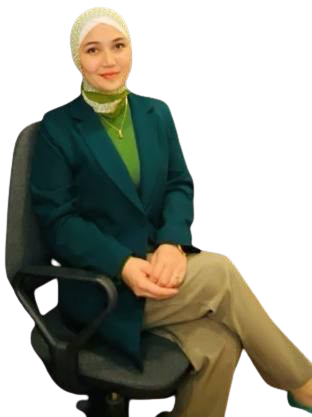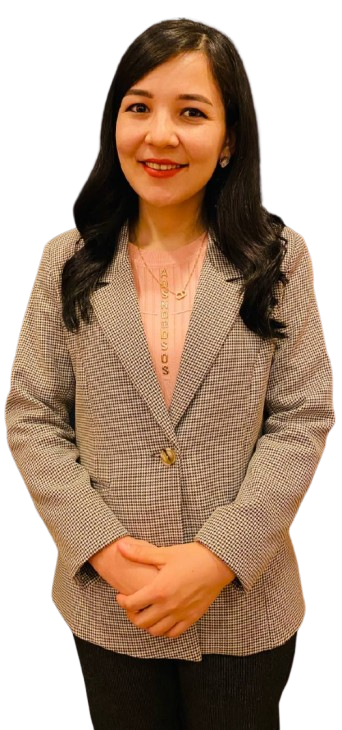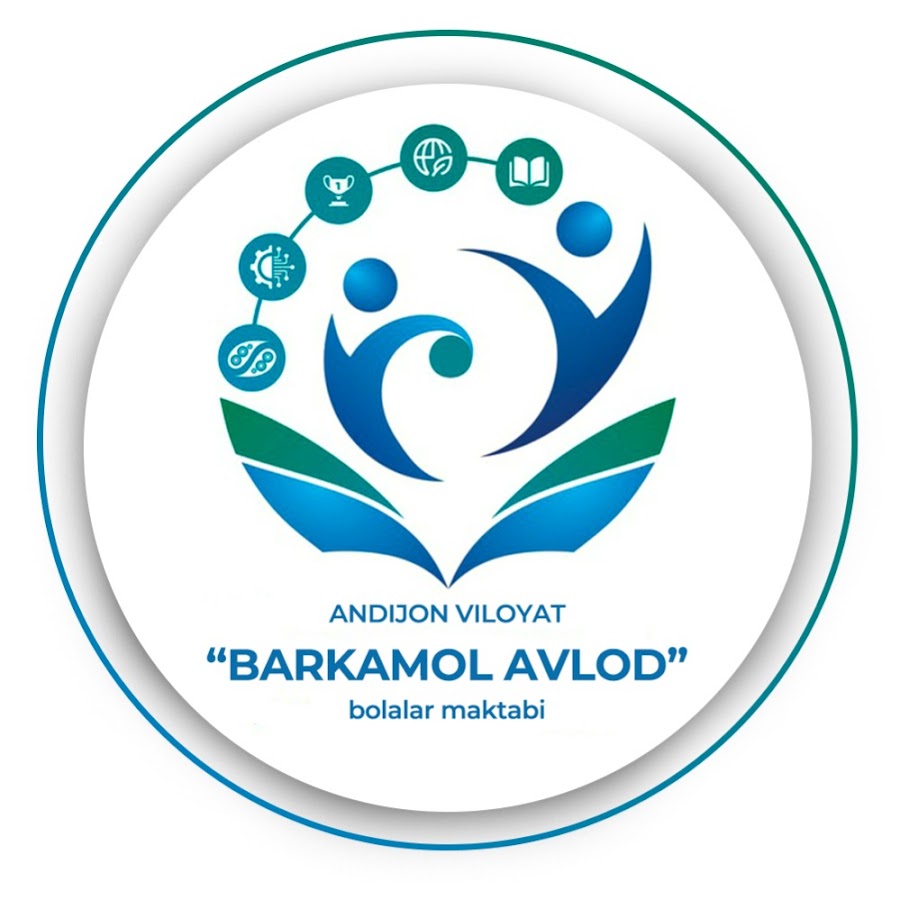 Millat oydinlari
Millat oydinlari
SADOQAT TIMSOLI
Zulfiyaning she’rlarin o‘qib, She’riyatga qo‘yganman mehr.
Mehr bilan yengilgan dardlar
Ramazon ̶ saxovat, bag‘rikenglik va insonparvarlik oyidir. Ana shu ulug‘ fazilatlar mujassam bo‘lgan ezgu tashabbuslardan biri 2026-yil 27-fevral kuni Toshkent shahrida amalga oshirildi.
Ochiq eshiklar kuni
FVV Akademiyasida “Yoshlar kuni” doirasida "Akademiyada bir kunim" shiori ostida "Ochiq eshiklar kuni" hamda "Rahbar va yoshlar" uchrashuvi tadbirlari o‘tkazildi
 Muallim – millat yulduzi
Muallim – millat yulduzi
Ilm-fan taraqqiyotida ayollar: tarix, bugun va kelajak
Tarixda gender notenglik va jamiyatdagi to‘siqlarga qaramay, ko‘plab ayollar o‘z sohalarida misli ko‘rilmagan yutuqlarga erishgan. Jumladan, Mariya Skladovskaya-Kyuri radioaktiv yo‘nalishda inqilobiy yangiliklar yaratib, ikki karra Nobel mukofotiga sazovor bo‘lgan. Uning ilmiy ishlari nafaqat ilm-fan rivojiga hissa qo‘shdi, balki onkologik kasalliklarni davolashda yangi usullar paydo bo‘lishiga olib keldi.
 Process
Process
PARVOZGA SHAY AVLOD
24-fevral kuni Ko‘ksaroy qarorgohida Prezidentimizning yoshlar bilan muloqotini kuzatar ekanman, bugungi O‘zbekiston yoshlari naqadar baxtli ekanidan qalbim g‘ururga to‘ldi.
 Process
Process
Darsni samarali tashkillashtiramiz
Ta’lim sifatini oshirishda o‘qituvchi kasbiy mahorati muhim o‘rin tutadi. Shu maqsadda mamlakatimizda kasbiy rivojlanish kunlari(KRK) va kasbiy rivojlanish soatlari(KRS) tizimi yo‘lga qo‘yildi. KRK mashgʻulotlari pedagoglar uchun nafaqat bilim almashish maydoni, balki kasbiy oʻsish, yangicha qarash va samarali tajribalar maktabi boʻlib xizmat qilmoqda.
Today
All Millat oydinlari
Millat oydinlari
SADOQAT TIMSOLI
Zulfiyaning she’rlarin o‘qib, She’riyatga qo‘yganman mehr.
Mehr bilan yengilgan dardlar
Ramazon ̶ saxovat, bag‘rikenglik va insonparvarlik oyidir. Ana shu ulug‘ fazilatlar mujassam bo‘lgan ezgu tashabbuslardan biri 2026-yil 27-fevral kuni Toshkent shahrida amalga oshirildi.
Ochiq eshiklar kuni
FVV Akademiyasida “Yoshlar kuni” doirasida "Akademiyada bir kunim" shiori ostida "Ochiq eshiklar kuni" hamda "Rahbar va yoshlar" uchrashuvi tadbirlari o‘tkazildi
Field for Analysis and Criticism
AllTA’LIM FALSAFASI
Kishini yig‘latgan, hushyor torttirgan va o‘zgartirgan kitoblar
#ARTICLE TAGS
#Teorema
#TTA
#Shaxsiy xatlar
#Aylana
#AT markazi
#Munozara
#Millat yulduzi
#Xitoy
#Ingliz tili
#ToshDO‘TAU
#AT
#education
#Nazorat
#Raqobat
#Salomatlik

“Men”lar jangi

Darsingiz zerikarli bo‘lmasin!
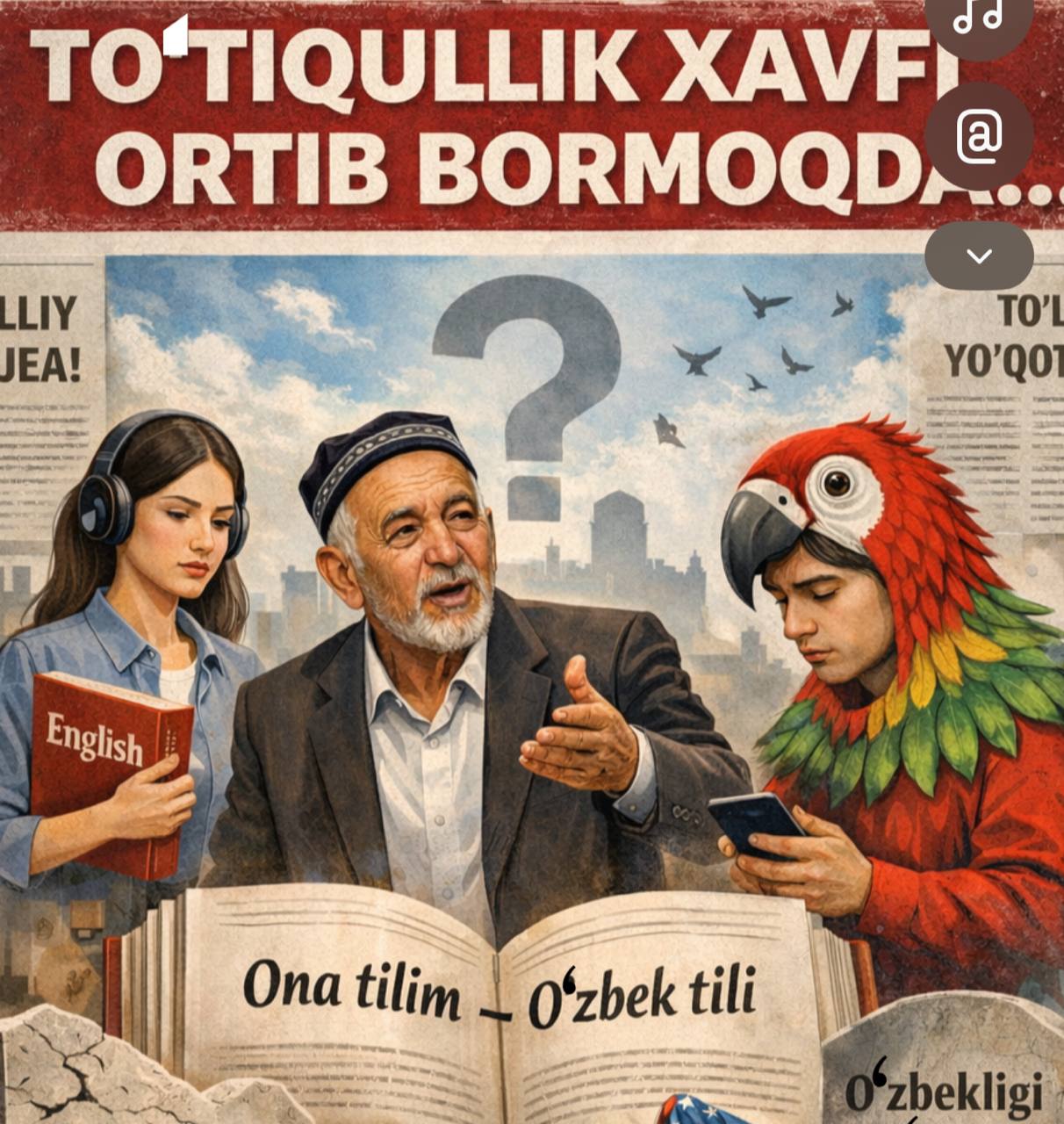
TO‘TIQULLIK XAVFI ORTIB BORMOQDA...

KAPALAKLAR O‘YINI AHMOQ PODSHO
NEWSPAPER OF THE INTELLECTUALS
STRENGTH IS IN KNOWLEDGE AND THOUGHT
NEWSPAPER OF THE INTELLECTUALS
STRENGTH IS IN KNOWLEDGE AND THOUGHT
Newspapers
All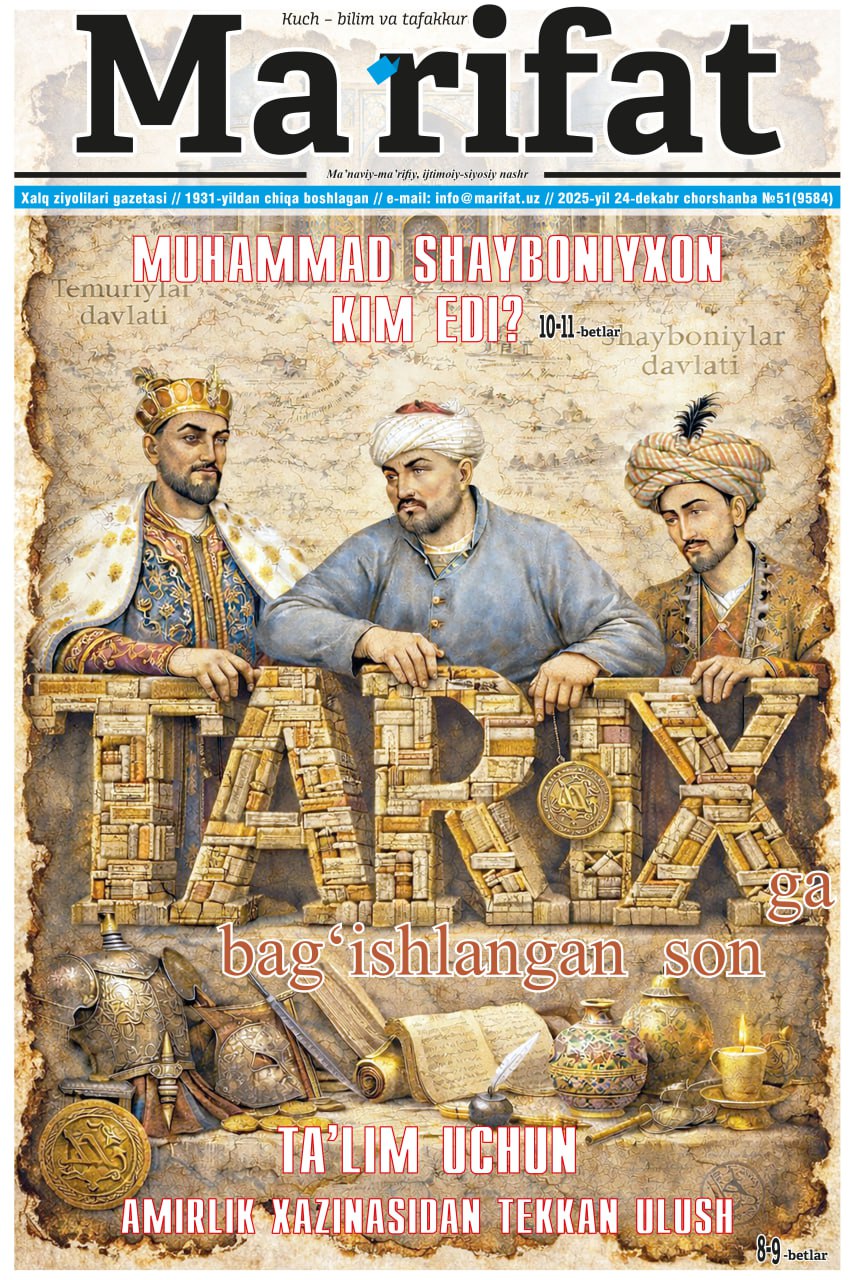
“Ma’rifat” gazetasining 2025-yil 24-dekabr kungi Tarix faniga bag‘ishlangan sonida:
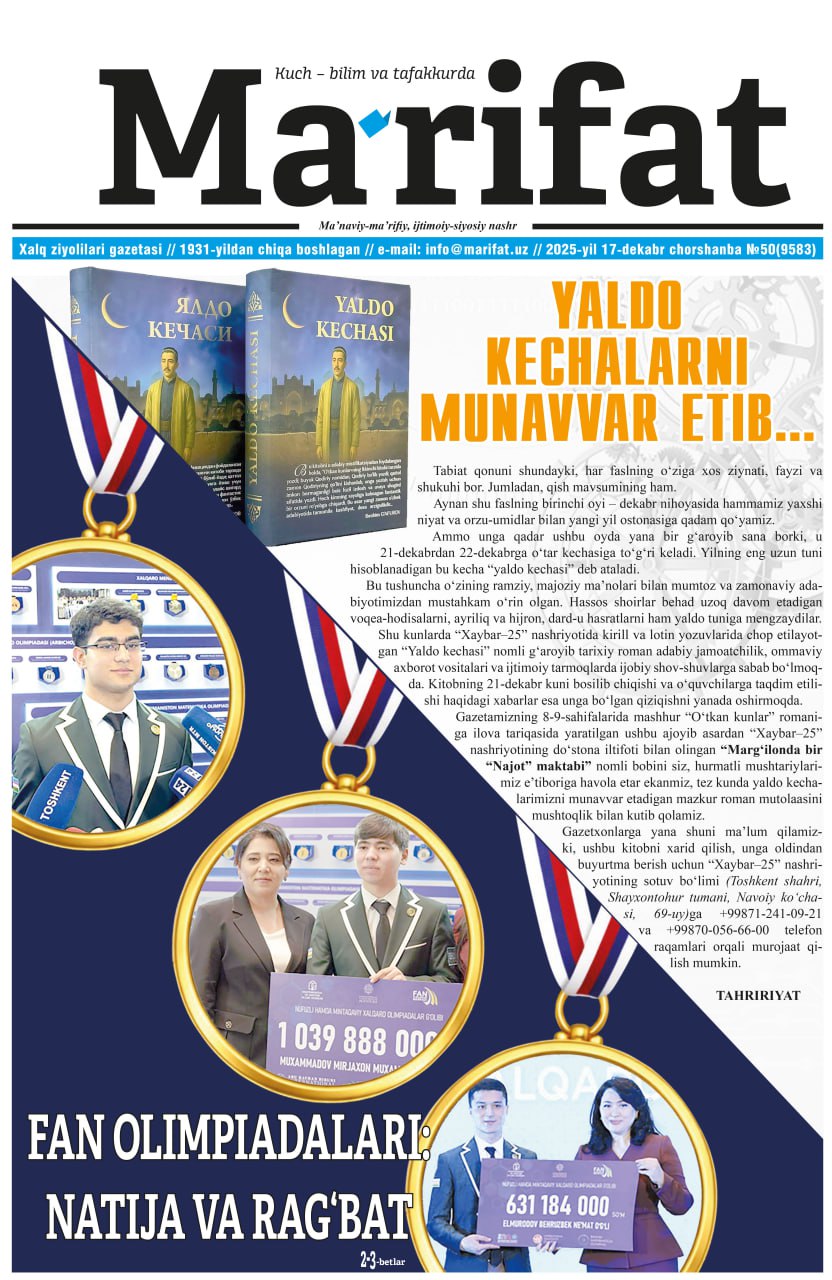
“Ma’rifat” gazetasining 2025-yil 17-dekabr kungi sonida:
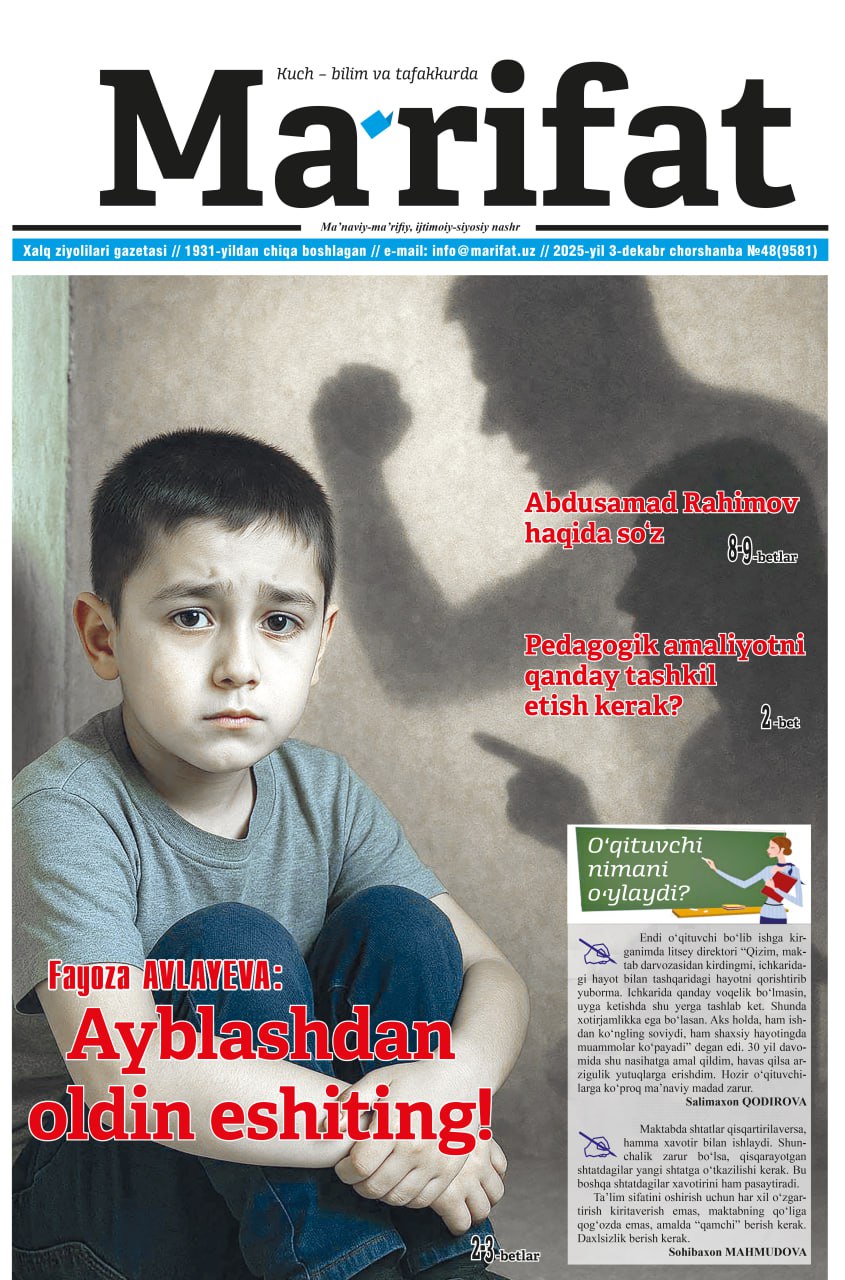
“Ma’rifat” gazetasining 2024-yil 11-dekabr kungi sonida:
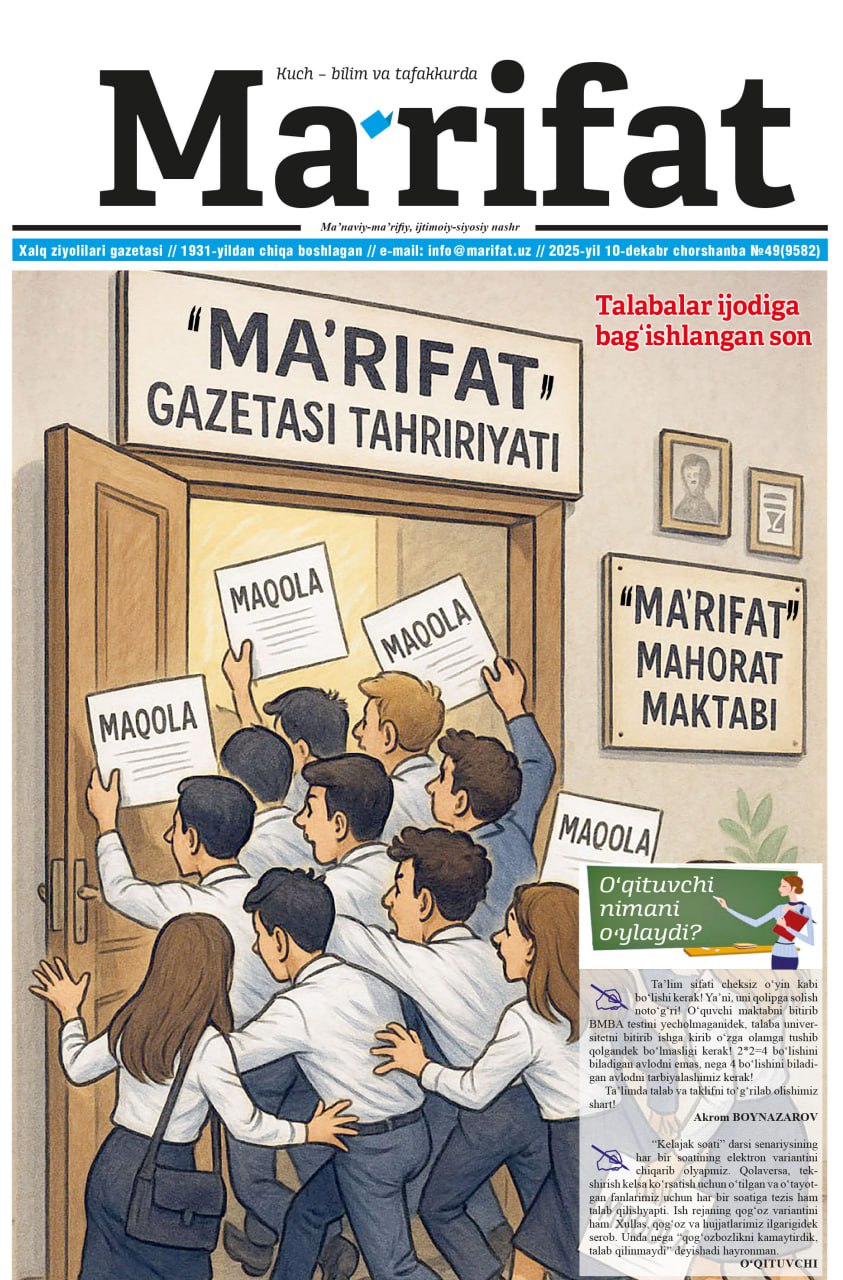
“Ma’rifat” gazetasining 2024-yil 4-dekabr kungi sonida:

“Ma’rifat” gazetasining 2025-yil 26-noyabr kungi Adabiyotga bag‘ishlangan sonida:
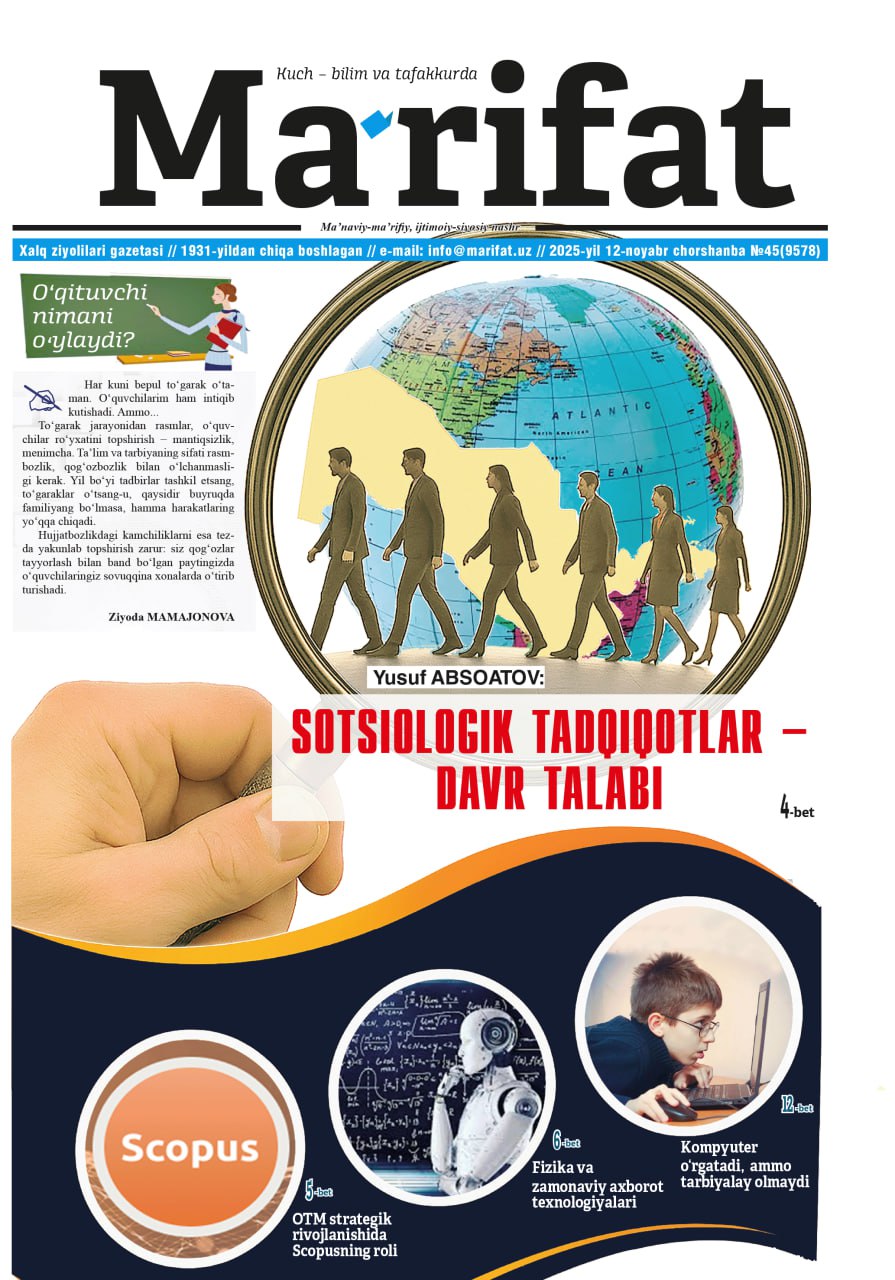
“Ma’rifat” gazetasining 2025-yil 12-noyabr kungi sonida:

“Ma’rifat” gazetasining 2025-yil 5-noyabr kungi sonida:

“Ma’rifat” gazetasining 2024-yil 4-sentabr kungi sonida:
Books
All
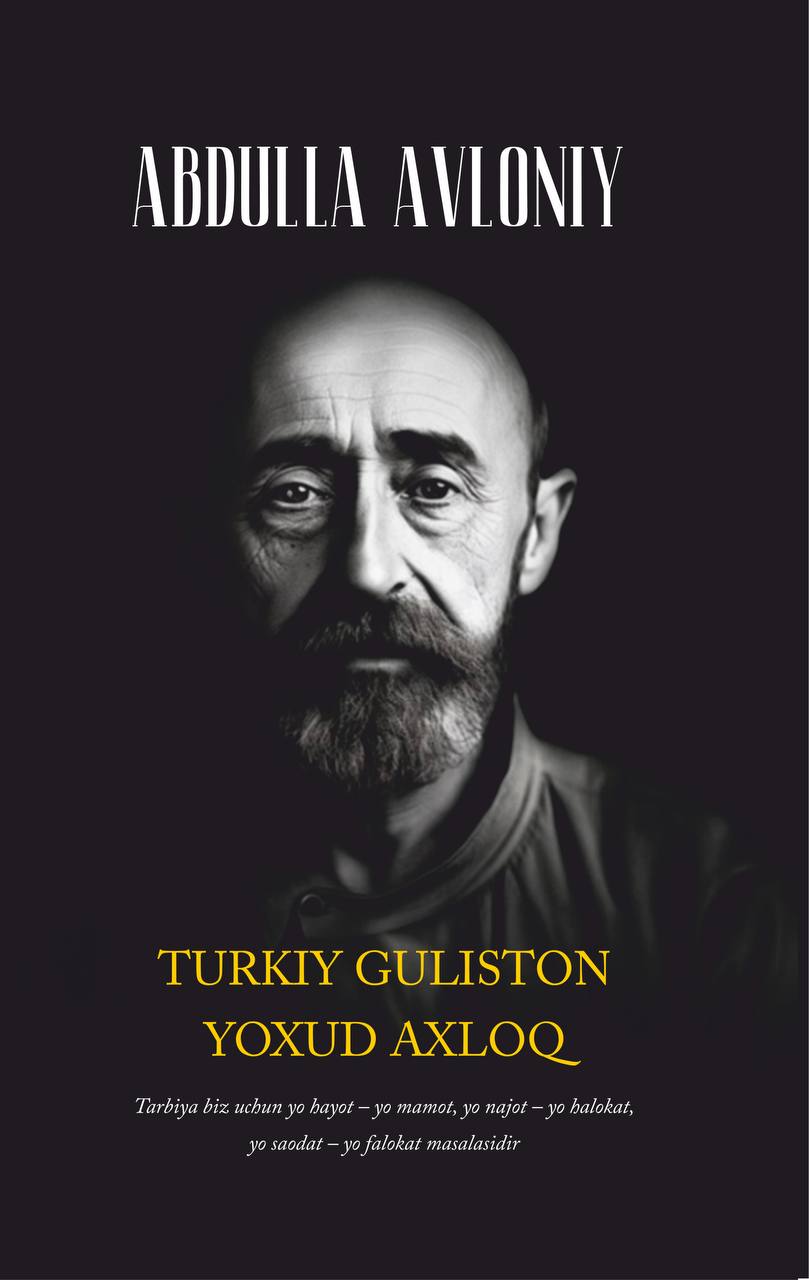
O‘tkan kunlar
Abdulla Qodiriy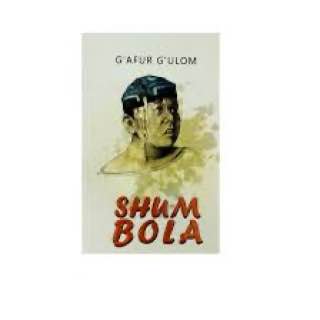
O‘tkan kunlar
Abdulla Qodiriy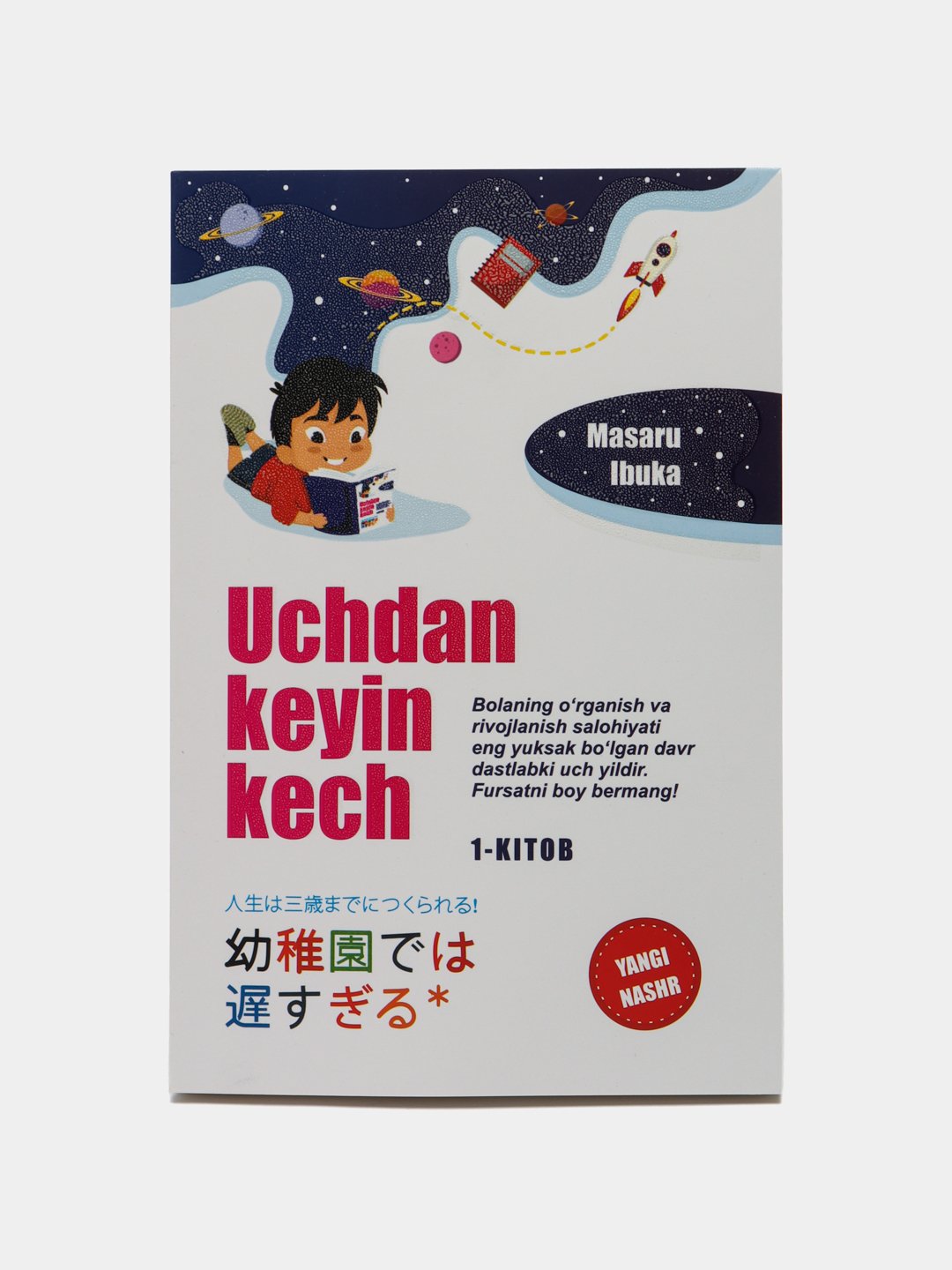
O‘tkan kunlar
Abdulla Qodiriy
O‘tkan kunlar
Abdulla Qodiriy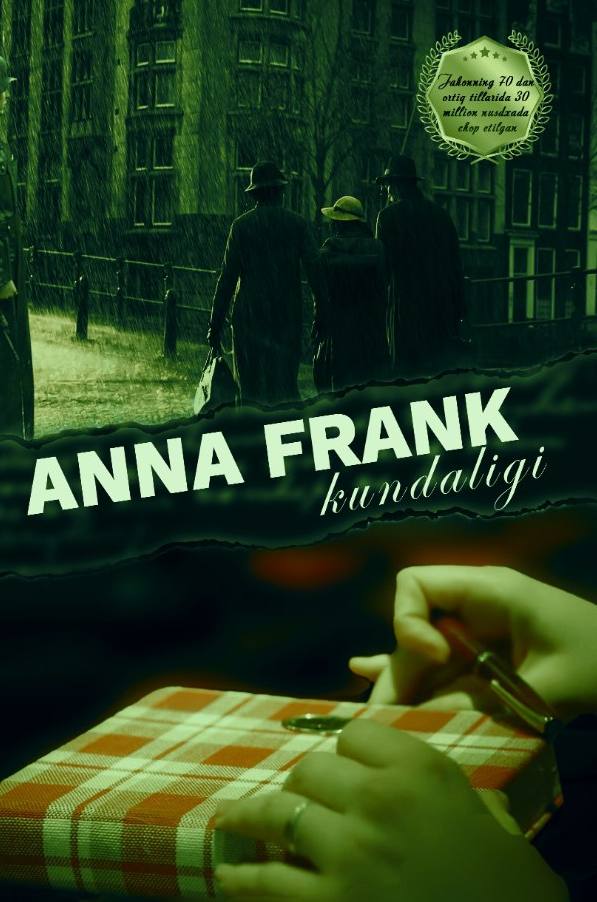
O‘tkan kunlar
Abdulla QodiriyWhat Does the Teacher Think?
AllMaktab direktorlarini ko‘p tanqid ostiga olamiz. Biroq fidoyi rahbarlar ham bor. Masalan, bizning maktabimiz direktori kechqurun ham doim maktabdan xabardor. Ertalab soat 7 da kelib hamma joyni aylanib, isitish tizimini nazorat qiladi. Oʻquvchilar bilimi uchun ham jon kuydiradi. Dilfuza XALILOVA
Dilfuza XALILOVA
Oʻtgan o‘quv yili yangi baholash tizimi tumanimizdagi 10 ta maktabda tajribadan oʻtkazildi. Biroq hamma “dod” deyishiga qaramay, bu yil Toshkent shahrining hamma maktablariga joriy qilindi. Bunday qogʻozbozlik oʻqituvchiga ortiqcha yuk. Masalan, bir o‘qituvchi o‘nta sinfga darsga kirsa, qancha ish bo‘lib ketadi, uni chiqartirish, tayyorlash ham mablag‘ga borib taqaladi. Hozircha o‘quvchilar CHSBni vazirlik olarkan deb qoʻrqitib turganimiz uchun sal hayiqib oʻqiyapti. Agar bu ham shunchaki xoʻjakoʻrsin uchun boʻlsa, bizni qiynaganlari qoladi, xolos. Birgina yaxshi tomoni 5–8-sinf o‘quvchilari sal qiziqib, jamoa boʻlib harakat qilishyapti, darsga kreativ yondashishmoqda. Lekin chekka hududlarda bu tizimni qanday uddalashadi? Chunki sharoit yoʻq.
Sanobar BERDIYEVA
Millionlab pullarni to‘y-u ma’rakalarga sarflayotgan xalq ba’zan kitobga kelganda pul yo‘q deyishi kishini o‘ylantiradi. Darsliklar ijara to‘lovi joriy qilinishi to‘g‘ri bo‘ladi. Chunki aksariyat bolalar kitobni asrab-avaylab tutmaydi, ota-onalar ham darsliklar holatiga befarq. Balki shunda ayrim ota-onalar darslik uchun pul to‘laganiga yarasha farzandini kitob o‘qishga, qadrlashga majburlasa…











